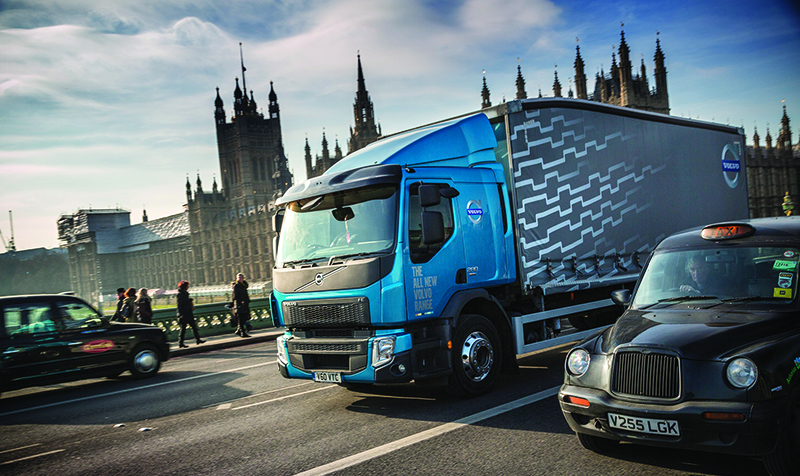Media Room
UK energy company suggests LPG conversion to keep in business while cutting emissions

British company Calor UK is analysing how transport firms can help improve air quality on the UK’s roads and addressing the potential costs involved with updating road transport fleets to meet stringent Euro 6 standards and reduce NOx emissions by 2020.
There is a range of solutions that heavy good vehicles (HGV) fleet operators and companies can start considering, which can help them cost-effectively and efficiently meet the potential challenges posed by clean air zones, while keeping in business.
First of all, diesel-fuelled HGVs are a clear casualty of the clean air zone proposals, with research finding their responsible for a staggering 27% of all roadside NOx, as well as significant levels of CO2 emissions. “The answer for those that have already invested in a diesel-based fleet, who may be reluctant at the potential cost involved with upgrading to an alternative fuel, is dual fuel technology. This can be easily retro-fitted to older vehicles for a relatively low capital investment and uses Autogas to reduce carbon emissions,” says Calor Transport Specialist Mark Gilks.
Through a simple conversion to the engine, dual fuel technology enables a mixture of LPG and diesel to burn in the combustion chamber. Displacing a proportion of the diesel fuel with LPG not only improves a vehicle’s carbon output, but also reduces fuel costs. The size of these savings depends on the vehicle’s running profile, but these will typically be between 10 to 15%. It is a win-win situation for HGV fleet managers.
Mark Gilks says there are a range of dual fuel solutions available for HGVs, and highlights that the most exciting development is the recently launched BioLPG. Vehicles using BioLPG can achieve CO2 savings of between 50 to 80% when compared with conventional LPG. For more information, please check this link.
25 April 2018
